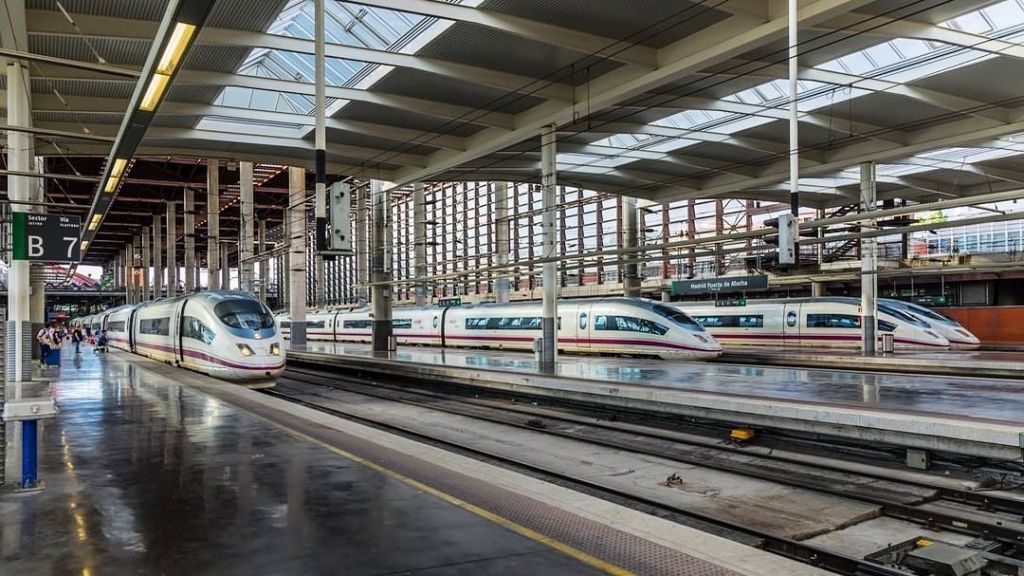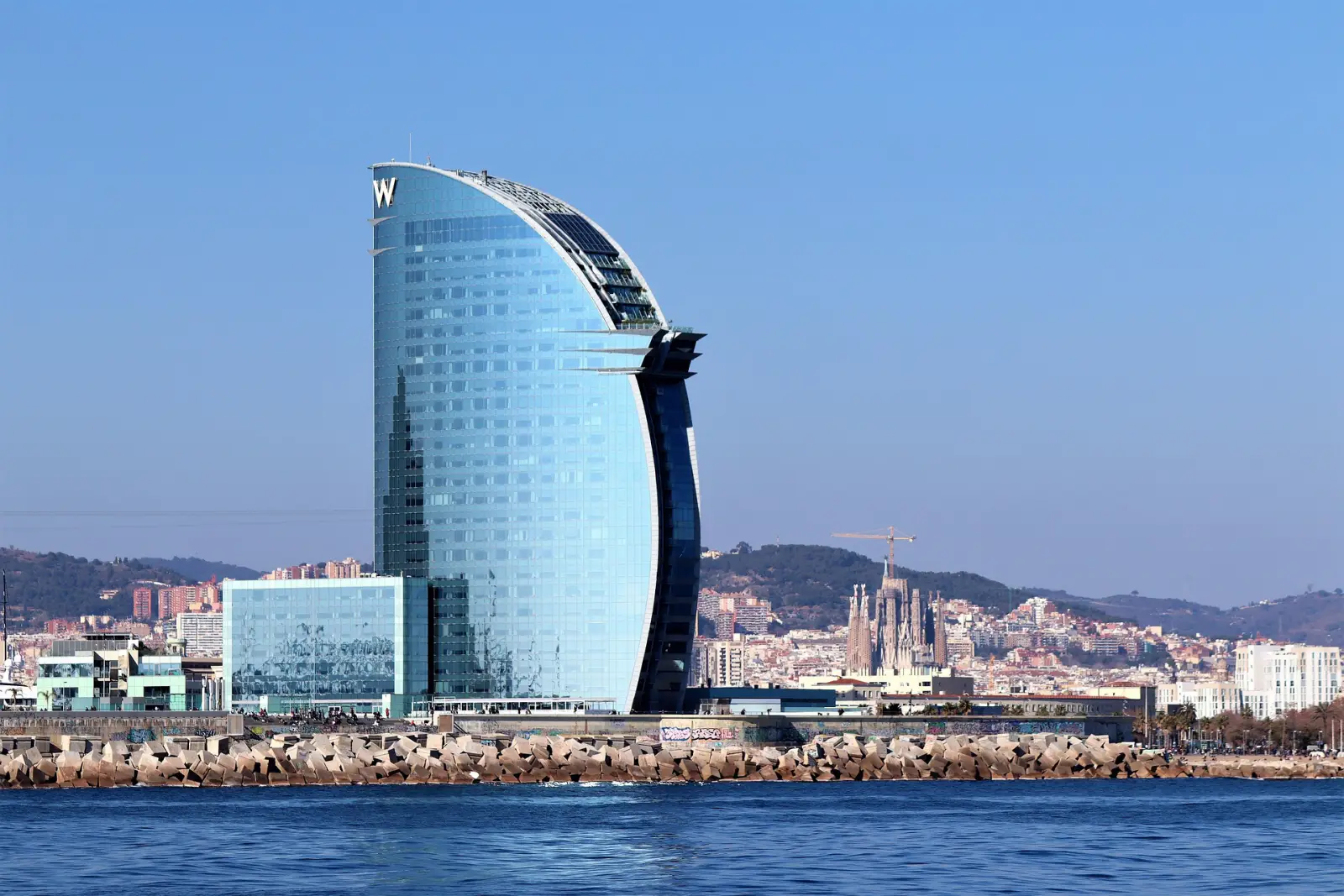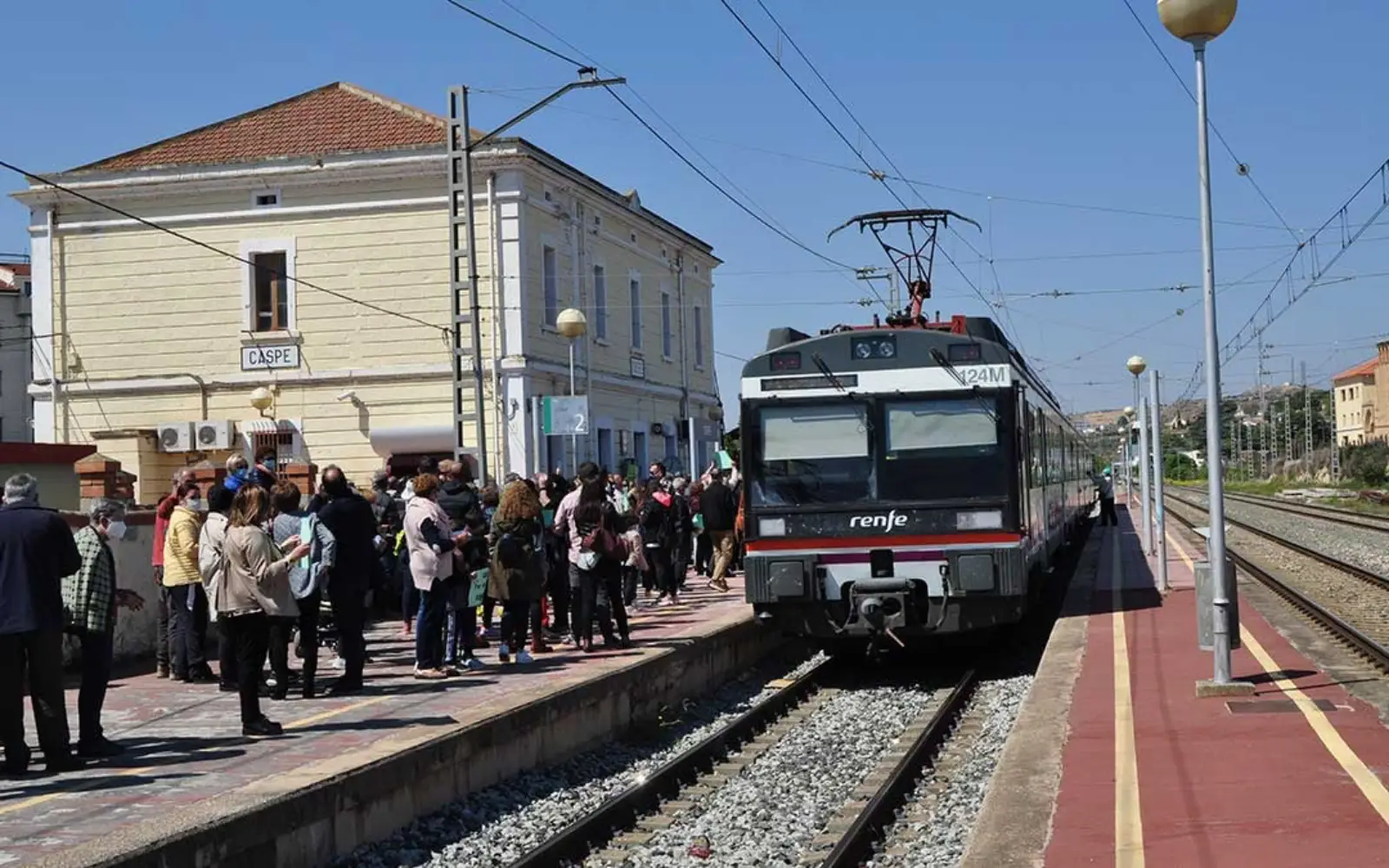Spanish Prime Minister Pedro Sanchez announced that the state will offer free-of-charge train travel on short and medium-distance routes to ease the economic burden caused by inflation.
Speaking in the first state of the national debate in parliament since 2015, Sanchez also announced a host of other measures that he says will protect the working and middle classes and incentivize reducing energy consumption.
“I’m well aware that it’s getting harder to make it to the end of the month … Inflation is to blame and I’ll do everything I can to take care of it,” he said.
Besides the train service, which is set to run from Sept. 1 to Dec. 31, Sanchez shared plans to provide monthly €100 ($100) scholarships to around 1 million students and increase subventions for energy efficiency and solar panels.
Travel across certain parts of the state-owned rail-network, Renfe, would be free from 1 September to the end of the year.
The 100% rail discounts will apply to multi-trip ticket journeys on cercanías (commuter services) and media distancia, or medium-distance routes (less than 300km). The measure is mainly aimed at Spanish season ticket holders but tourists could take advantage of it if they bought multi-journey tickets.
This assistance comes on top of a €9 billion aid package announced in June and €220 billion worth of stimulus that came out in March to deal with the effects of the war in Ukraine, which began in February.
To help pay the costs of the progressive government’s spending, Sanchez said Spain will impose windfall taxes on large financial and energy companies that are profiting from high energy prices and rising interest rates.
“People talk about profits falling from the sky, but that’s not right. The profits are coming out of the pockets of consumers … this government will not allow the suffering of many to benefit the few,” said Spain’s prime minister.
He said the new taxes will take effect for two years starting in 2023 and add around €7 billion to the state coffers.
After the premier’s speech, Spain’s banking stocks plunged. The value of CaixaBank was down more than 10%, as was that of Sabadell. Santander’s stock dropped by nearly 6%, while BBVA’s was more buoyant with just 3% losses.
Some Spanish energy companies like Repsol also dropped, but the government had already floated the idea of taxing them late last month.
Source: AA












